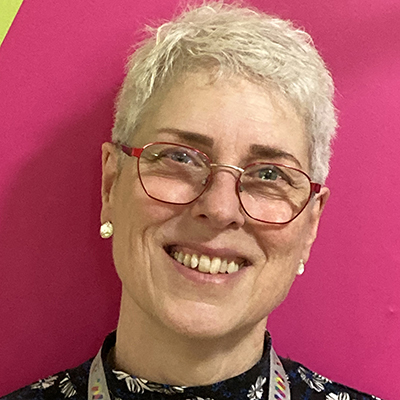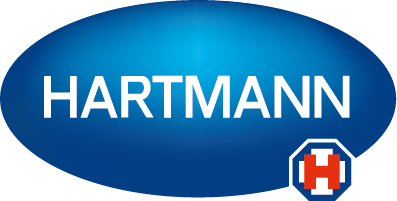Alison Hopkins

Alison is Chief Executive of Accelerate Community Interest Company. Alison received an MBE for Services to Nursing in 2018.
Based in East London, Accelerate provides complex wound and lymphoedema services across London and the South East. Starting as a District Nurse, Alison has been in the tissue viability nursing specialism since 1989 and has an MSc in Psychology and Health.
Her passion remains the creative use of compression therapy within leg ulcer management, the concerns around sub-optimal use and associated patient harm and quality of life issues for all patients.
She continues to successfully raise the profile of complex wounds and lymphoedema within the long term conditions agenda. Alison held the position of Chair and Trustee for the Tissue Viability Society (2010-14) and was awarded the TVS Fellowship Award. Alison is also a Fellow of the Queens Nursing Institute.
Presentation at The SoTV/EWMA 2024 Conference, London
Leg ulcer management
Learning objectives
After attending this session, persons will be able to:
- Understand the critical rationale for accurate diagnostics
- Learn about the effect of gravity on leg wounds
- Understand the powerful and therapeutic worth of compression therapy for lower leg wounds
- Be challenged to look at how nursing culture has negatively impacted on leg ulcer management
Abstract
Leg Ulcer management is considered to be around 50% of a community nurses weekly activity. Despite this, effective and therapeutic care is a post code lottery for many and this further contributes to the growth in this activity. Leg ulcer management has a bad press; the behavior of patients is often considered to be the reason for their non-healing.
This session will look at the role health care system in improving diagnois and outcomes and thereby reducing nursing activity. The potency of compression will be reviewed and its role in leg wounding and venous leg ulcers.
The session will challenge the participants to understand their role and that of their team’s culture in reducing the harm so evident in the UK associated with non-healing wounds and leaking lymphorrhoea. We all need to be active in creating the change we need to see.














